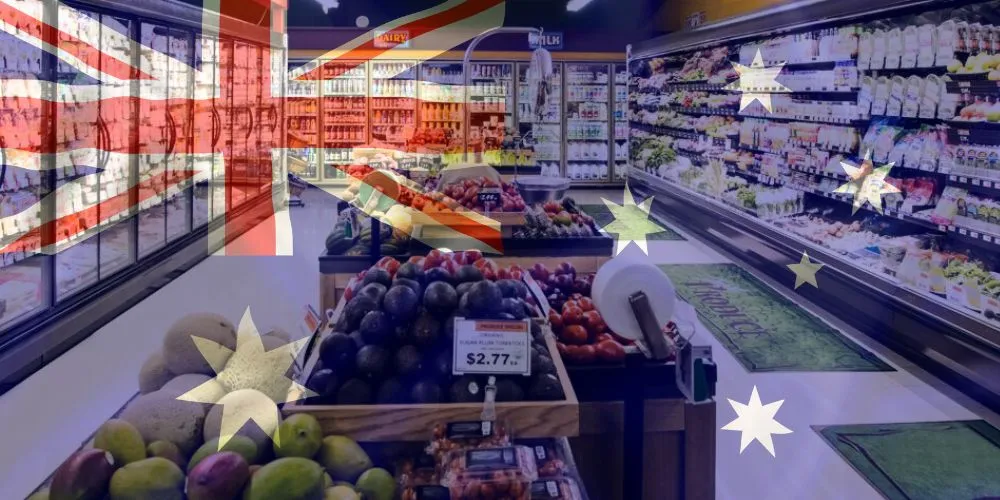In response to growing concerns over Australia’s high cost of living, the Greens party has announced plans to lead a parliamentary inquiry into what they term “price gouging” by major supermarkets. The inquiry will specifically focus on market concentration and pricing strategies employed by the dominant players, Woolworths and Coles, which collectively account for about two-thirds of the country’s grocery sales.
Greens Senator Nick McKim, in a statement, highlighted the inquiry’s objectives, emphasizing scrutiny of the impact of market concentration on food prices. McKim also expressed concerns about the pricing strategies of the supermarket duopoly, citing the need to assess the validity of discounts offered and the inflation of profits during economic hardships. Accusing supermarkets of engaging in “price gouging” amid what he termed “Australia’s cost of living crisis,” McKim called for a thorough examination of essential item prices.
Assistant Minister for Competition Andrew Leigh, representing the Labor government, voiced support for the inquiry, acknowledging Australians’ questions regarding the factors driving the prices they pay at the cash register. The move comes as the country grapples with persistent inflation, prompting the Reserve Bank of Australia to raise interest rates 13 times since May 2022 to mitigate living-cost pressures.
Woolworths and Coles, previously criticized by the Greens for alleged unfair price hikes, have defended their positions. Coles reported a 4.8% increase in profit to A$1.10 billion for the year to June, while Woolworths saw a 4.6% rise to A$1.62 billion.
Responding to accusations, a Coles spokesperson stated the company’s commitment to exploring ways to reduce prices, acknowledging the challenges posed by increased business costs such as construction, energy, logistics, and packaging. Woolworths echoed similar sentiments, noting its dedication to delivering relief on grocery bills, particularly as inflation rates remain a concern.
As the inquiry unfolds, it raises questions about the broader economic landscape and the role of major supermarkets in shaping consumer costs in Australia.










